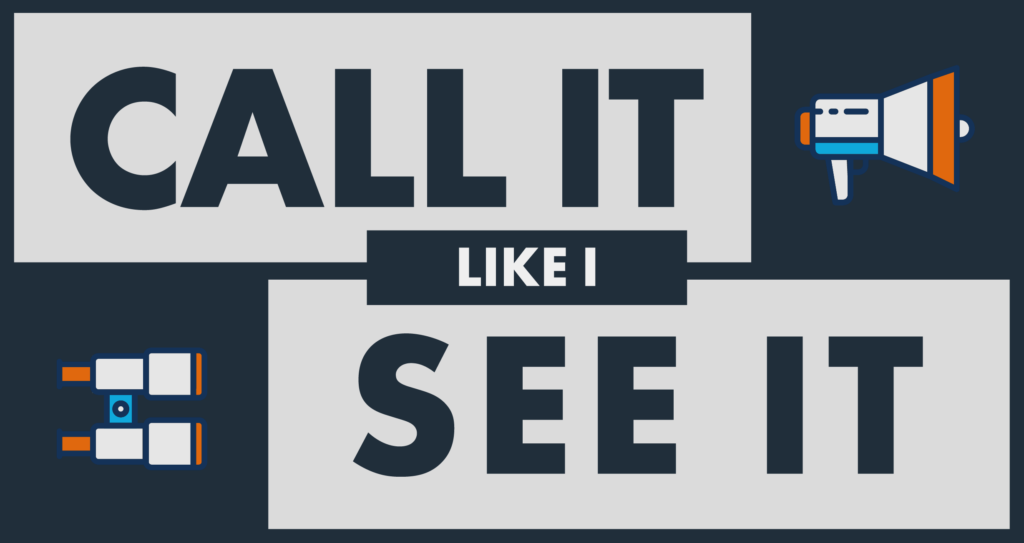A Broad View of the Issues at the Southern Border; Also, Seeing our Brain as a Computer
Reportedly over 100,000 migrants per month have been encountered in consecutive months at the U.S. southern border, so James Keys and Tunde Ogunlana consider the implications of this scale of activity from a historical, humanitarian, and political perspective (01:16). The guys also take a look at an essay and related research which lays out why the common the human brain as a computer analogy is misguided (37:06).
9 questions about the humanitarian crisis on the border, answered (Vox)
The Situation at the U.S.-Mexico Border Can’t Be ‘Solved’ Without Acknowledging Its Origins (Time)
Biden admin secures agreements with Mexico, Honduras and Guatemala to secure borders, official says (CNN)
There’s an Immigration Crisis, But It’s Not the One You Think (Politico)
The empty brain (Aeon.co)

